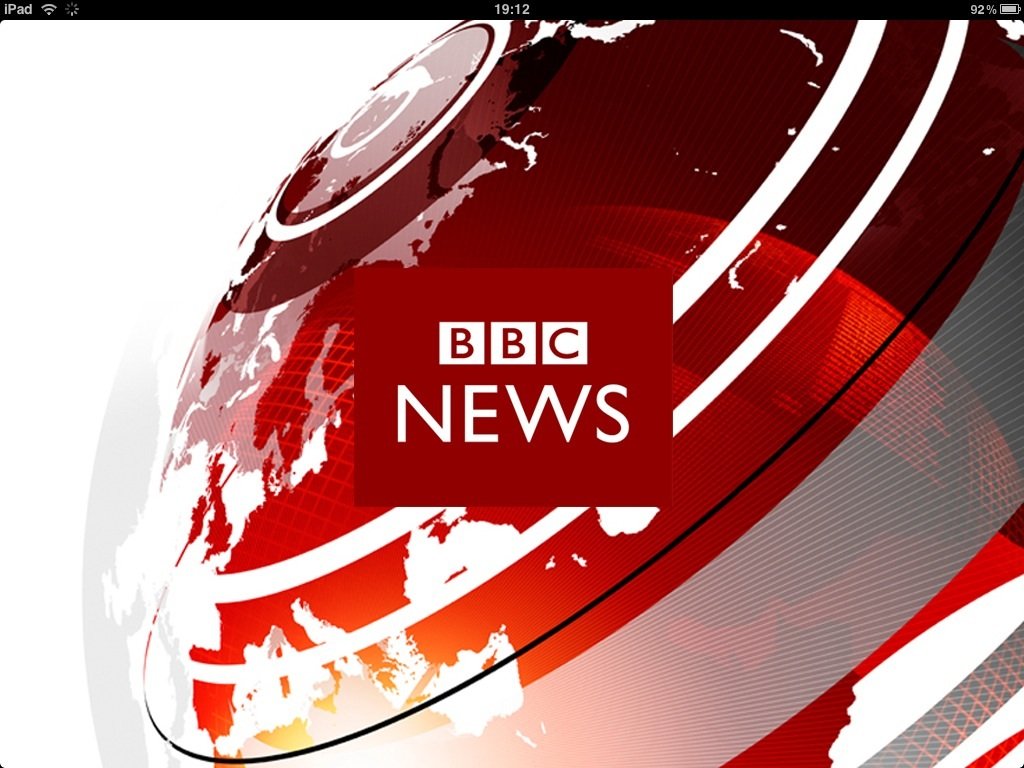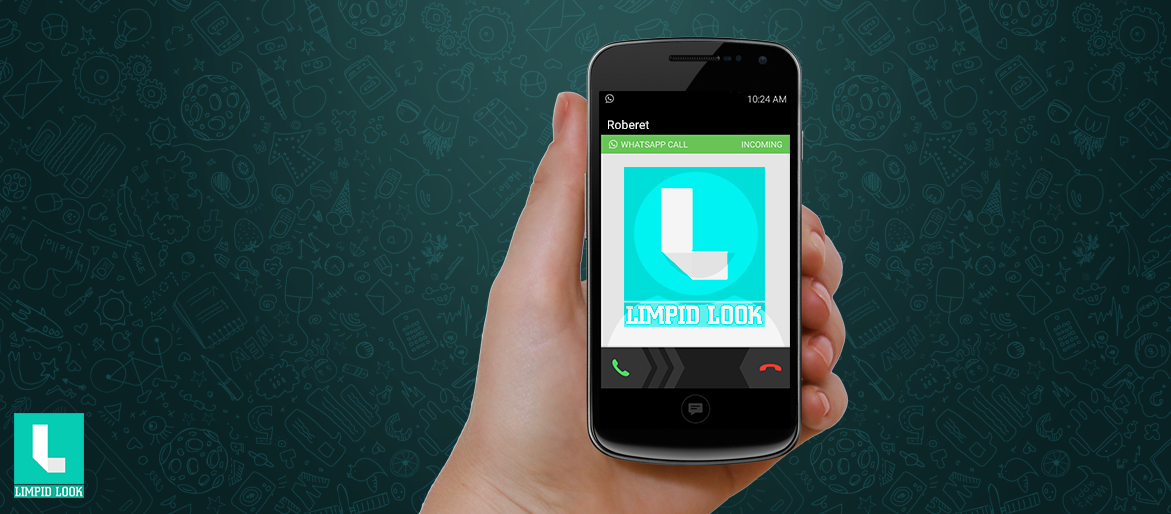The BBC’s News app has been given a major overhaul with the goal of offering a more “personalised” service.
In addition to pre-existing sections – including Top Stories, UK and Politics – users will be able to add specialised feeds of their choice, for example: Apps, Taylor Swift, Genetics, and Oban.
The revamp is part of a wider shake-up, which will also involve major changes to the look of the BBC’s news website.
One expert warned the update was likely to upset some users.
But the executive responsible said the switchover would provide a better service.
“We know we have got a very large number of people who used the existing app and they really like it,” said Robin Pembrooke, general manager of news products at BBC Future Media.

Users can choose to follow topic-specific indexes, including ones about specific companies
“But we also know that a number of users express frustration at things they can’t do – there’s no local news, it’s not the full range of stories, and there’s little ability to personalise.
“It will be a big change for a number of people, so we are trying to provide a warning up front. We’ve got easy guides on how to use the new app, and there’s in-app tips to help people use it.”
The app is being rolled out to Android and iOS devices in the UK this week. An app for Amazon devices is set for release within three weeks, and global editions will follow.
However, there is no plan at present for a version for Windows Phone or other ecosystems.
The launch was originally scheduled to take place in 2014, but was delayed after an earlier version was found to be too slow.
Tagging the news
While the old app had horizontal rows of stories representing each section, the new one shifts to a vertical design.
This menu introduces several sections to the app:
- Most Read – the most clicked text articles on the BBC News website
- Most Watched – the most clicked video and audio clips
- Most Popular – contents from the two previous menus collected together for the tablet version of the app
- My News – a feed of articles collated from the various topics a person has chosen to follow
- individual topics – stories relating to a specific user-selected theme
The personalised options have been made possible by a new tagging system, which involves the journalist responsible for a story associating it with relevant keywords.

This is similar to the way apps such as Evernote and OneNote work and similar to the hashtags used by Twitter and Pinterest.
Users can begin adding topics by typing them into a search tool or by clicking ones listed at the bottom of an article or multimedia clip.
“It also allows us to provide more value to users by making recommendations to other topics that they might be interested in based on the ones they have chosen to follow, where they are – with geo-based topics – and what they have read,” said Mr Pembrooke.
There are about 65,000 tags to choose from, ranging from Diversity to Dame Edna Everage via Dorset County Council, although not all will be discoverable via the search tool at launch.

“The old app was not really an optimum experience on tablets,” added Steve Herrmann, editor of BBC News Online.
“The new app feels richer and more magazine-like, so editorially one of the things I hope happens is that the material we produce every day – features, backgrounders, explainers – gets much better showcased than had been the case previously.”
Risk and reward
BBC News is narrowly ahead of Mail Online as the UK’s most popular online news source, attracting about 19 million unique UK-based visitors in November, according to market research firm Comscore, which aggregated data from both PC web browsers and apps.
But one industry watcher warned that making big changes risked losing that lead.

“You’re bound to get critics who don’t want things to change,” said Ian Maude, from Enders Analysis.
“And there are hundreds if not thousands of other options for them to switch to – it’s not like 1923 when the BBC Home Service was pretty much all you had.
“But on the other hand, if the BBC is improving the service and the ability for people to find the news that they are interested in, that’s got to be a positive.”
Responsive website
Some users may find planned changes to the website more radical.
The BBC intends to turn off the current “static” design of its English-language desktop site and move to a new-look “responsive” layout that adapts its look to suit any sized screen – from thin smartphones to widescreen monitors.
The public was asked to switch to a “beta version” of the new design on their tablets late last year, and the goal is to extend this invitation to laptop and desktop use in February. Foreign-language editions of the site, including BBC Hindi and BBC Brasil have already made the switchover.

The responsive site could have been used to replace the app, but Mr Pembrooke defended the decision to fund both approaches.
“Users that use apps are massively more engaged – they consume much, much more content than they do just using the web on mobile,” he said.
“At the moment app users account for just over 10% of our visitors, but they drive over 40% of our page views.
“But what’s driving our overall reach is the responsive site – when people land on us via Google. So, for the time being we think it’s important to maintain both.”





Add comment